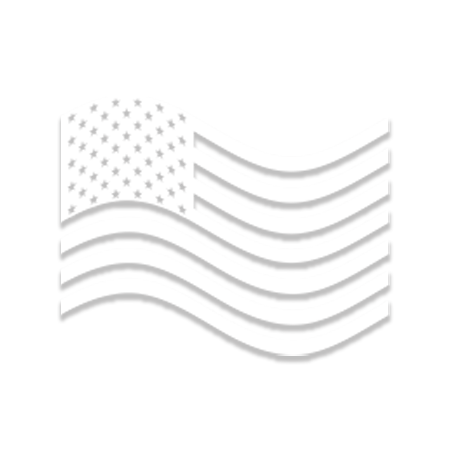
COVID-19 Safe Workplace training Update
New Michigan Laws Protect Compliant Businesses from COVID-19 Claims
New Michigan laws protect businesses from certain COVID-19 claims to encourage compliance with workplace training and other safety guidelines. To evoke these liability protections in Michigan and other states, strict compliance with workplace safety rules, including state mandates for employee training, is imperative.
MIOSHA’s Emergency Rules explicitly require COVID-19 workplace training and specify the particular safety topics that must be covered in the training. These rules were issued in response to the recent Michigan Supreme Court decision nullifying Governor Whitmer’s COVID-19 executive orders. Employers who fail to provide COVID-19 workplace safety training will not only be in violation of the MIOSHA’s Emergency Rules but will also be unable to take advantage of these new liability shields.
Tort Liability Protection
HB 6030 insulates businesses from COVID-19 tort claims brought by a person who entered the business after March 1, 2020, if it can show that it “act[ed] in compliance with all federal, state, and local statutes, rules, regulations, executive orders, and agency orders related to COVID-19 that had not been denied legal effect at the time of the conduct or risk that allegedly caused harm.”
The new law essentially adopts the workplace safeguards outlined in Governor’s Whitmer’s now nullified COVID-19 executive orders for any tort claims arising after March 1, 2020, to motivate employers to maintain continued compliance.
MIOSHA Liability Protection
HB 6031 shields employers from COVID-19 claims brought under Michigan’s Occupational Safety and Health State Plan if the employer complied with COVID-19-related “statutes, orders, and rules and regulations, executive orders, and agency orders.” Again, compliance with Governor’s Whitmer’s prior COVID-19 executive orders and MIOSHA’s Emergency Rules is required to take advantage of the liability protection for MIOSHA claims occurring after March 1, 2020.
Both laws became effective upon enactment on October 22, 2020.
The Impact on COVID-19 Employee Training
Under these new Michigan laws, employers can take advantage of MIOSHA and tort claim immunity if the company is compliant with COVID-19 employee training and other workplace safety rules applicable at the time.
Notably, both HB 6030 and HB 6031 state that an isolated, de minimis incident of non-compliance does not affect immunity as long as it is unrelated to the alleged injury or illness. However, neither new law defines what is considered de minimis for purposes of non-compliance.
In short, employers who provide compliant COVID-19 workplace training mitigate the risk of COVID-19 exposure to employees, customers, clients, and others. Additionally, the company will be able to take advantage of COVID-19 immunity laws in Michigan and other states, provided it has generally complied with all other applicable workplace safety rules. Limiting workplace exposure to COVID-19 can also help abate potential workers’ compensation claims.
Why Clear Law Institute?
Clear Law Institute’s online COVID-19 Safe Workplace Training complies with all state training mandates, CDC and OSHA guidelines, as well as industry best practices. The online training is self-paced, fully narrated, and includes numerous interactive animations, video demonstrations, and exercises to keep employees engaged.
Clear Law Institute provides online training to over 1,000 employers, handles training roll-out to employees, supports tech issues, and tracks course completions.
FREE TRIAL of Clear Law Institute’s Online COVID-19 Safe Workplace Training Available

The post New Michigan Laws Protect Compliant Businesses from COVID-19 Claims appeared first on Clear Law Institute.
Read full post at: https://clearlawinstitute.com/blog/new-michigan-laws-protect-businesses-from-covid-19-claims/



